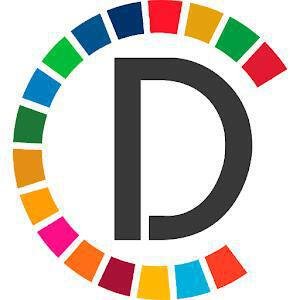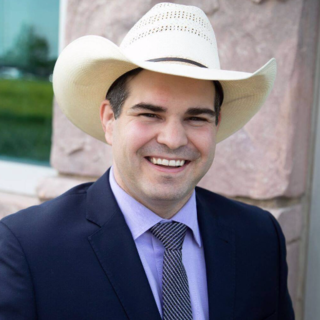- Federal Reserve Chair Jerome Powell refused to commit to a position on tariffs during a Senate Banking Committee hearing Tuesday. Senators peppered him with questions ranging from bank regulation to monetary policy.
- Powell is required to appear before Congress twice a year.
- After lowering rates by 100 basis points last year, the central bank isn’t in a rush for another cut.
Full Story
Federal Reserve Chair Jerome Powell made his semiannual trip to the U.S. Capitol Tuesday, Feb. 11. In his testimony in front of the Committee on Banking, Housing, and Urban Affairs, the head of the central bank addressed tariffs, debanking, and interest rate cuts.
The Federal Reserve has a dual mandate of maintaining price stability and full employment. Some economists believe President Donald Trump’s tariffs will be inflationary.
“It’s not the Fed’s job to make or comment on tariff policy,” Powell said.
Powell says the Fed’s job is to react, not comment
Generally, he refused to directly address what impact tariffs could have, instead opting to wait to see actual results.
“Somebody’s got to pay the tariff,” Powell said. “It can be the exporter, it can be the importer, it can be a middleman. Somebody does.”
“That’s for elected people and it’s not for us to comment,” he said of the central bank’s role in dealing with tariffs. “Ours is to try to react to it in a thoughtful, sensible way, and make monetary policy so that we can achieve our mandate.”
Federal Reserve in no hurry to cut rates further
Part of the Fed’s dual mandate is to keep inflation near its target of 2%. The Fed sets its interest rate to meet this goal, which affects how expensive it is to borrow money.
“The economy is strong, growing 2.5% last year. The labor market is also very solid. Unemployment at 4% is quite a low level. Inflation last year was 2.6% for the year,” Powell said. “So we’re in a pretty good place with this economy. We want to make more progress on inflation, and we think our policy rate is in a good place. We don’t see any reason to be in a hurry to reduce it further.”
In January, President Donald Trump called on the central bank to lower interest rates.
“I’ll demand that interest rates drop immediately,” Trump said during a virtual address to the World Economic Forum in Davos, Switzerland. “And likewise, they should be dropping all over the world.”
Taking a ‘fresh look’ at debanking
Powell was able to find some common ground with the president on the issue of debanking. At the WEF, Trump accused Bank of America and other large banks of debanking conservatives.
Concerns about debanking have reached across party lines. The president has an ally in Sen. Elizabeth Warren, D-Mass., who chastised the practice last week.
“I think it’s fair to take a fresh look on debanking,” Powell said Tuesday. “We hear a lot of people talking about that and it’s time to take a fresh look. I think we don’t intentionally do these things, but sometimes regulation leads things to happen, and we need to be working on that.”
The future of the CFPB
Trump and Warren are not on the same page when it comes to the role of the Consumer Financial Protection Bureau. The senator said it should take on debanking, while acting CFPB Director Russell Vought told employees to stop all work.
Warren was instrumental in the creation of the bureau, which is directly funded by the Federal Reserve. Powell told Warren “no other federal regulator” was able to make sure big banks are following laws to protect consumers.
Powell also had a back and forth about the CFPB with Sen. Mike Rounds, R-S.D. Essentially, Rounds pointed out that no laws had been changed and all banking regulators are still in place, aside from CFPB.
Powell will testify in front of the House Financial Services Committee Wednesday.









































